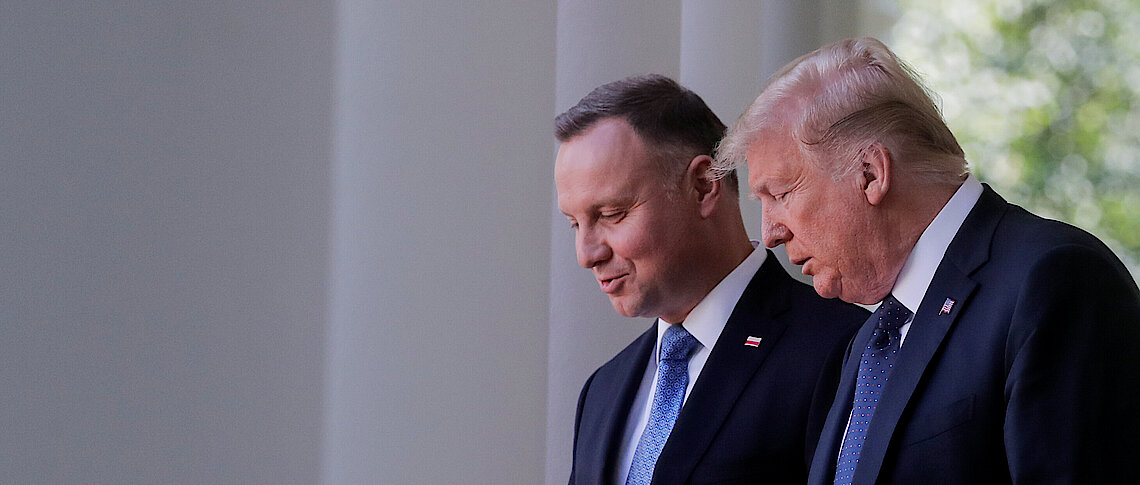Poland’s recent election has sent political ripples across the European continent. With the rise of a new pro-Trump president, Warsaw is pivoting in a direction that many in Brussels and Berlin will be watching closely. But what does this shift mean for Europe?
A Turn Toward Nationalism
The new president, who campaigned on a platform echoing Trump’s populist playbook, has wasted no time aligning with nationalist rhetoric. Like Trump, he champions “sovereignty first,” opposes bureaucratic overreach from the European Union, and promises to put Poland’s interests above regional consensus.
For the EU, this signals a potential headache. Unity has long been fragile, and Poland’s new leadership is likely to challenge Brussels on issues ranging from judicial reforms to immigration policy.
EU-Poland Tensions May Escalate
Poland has already had a rocky relationship with the EU in recent years. Under previous governments, clashes over rule-of-law violations and judicial independence have led to fines and disciplinary actions. With a pro-Trump president now in charge, expect these tensions to intensify.
His administration may double down on resisting EU oversight, potentially emboldening other right-leaning governments in Hungary, Slovakia, and even Italy. The long-term effect? A more fragmented European Union.
What This Means for NATO and Security
On the surface, a pro-Trump stance suggests stronger ties with the U.S.—especially on defense. The new Polish president has emphasized a commitment to NATO and has hinted at increased military cooperation with Washington.
That could be good news for countries worried about Russian aggression. But it might also shift the power balance within NATO, favoring U.S-aligned voices over traditional Western European allies like Germany and France.
Energy and Economic Independence
The president’s outlook also includes a push for energy independence—particularly from Russia. This aligns with past Trump-era strategies, such as supporting liquefied natural gas (LNG) imports from the U.S. rather than relying on Russian pipelines.
It’s a move that could reshape European energy markets and strain the EU’s internal consensus on climate and trade policy.
The Bigger Picture for Europe
What Poland’s new pro-Trump president means for Europe is a recalibration of alliances and priorities. It’s not just about a single leader—it’s about the growing influence of nationalist, populist movements across Europe.
Whether this shift leads to a more fractured continent or sparks overdue debates on sovereignty and reform remains to be seen. But one thing is clear: Europe won’t be able to ignore Warsaw’s new direction.



